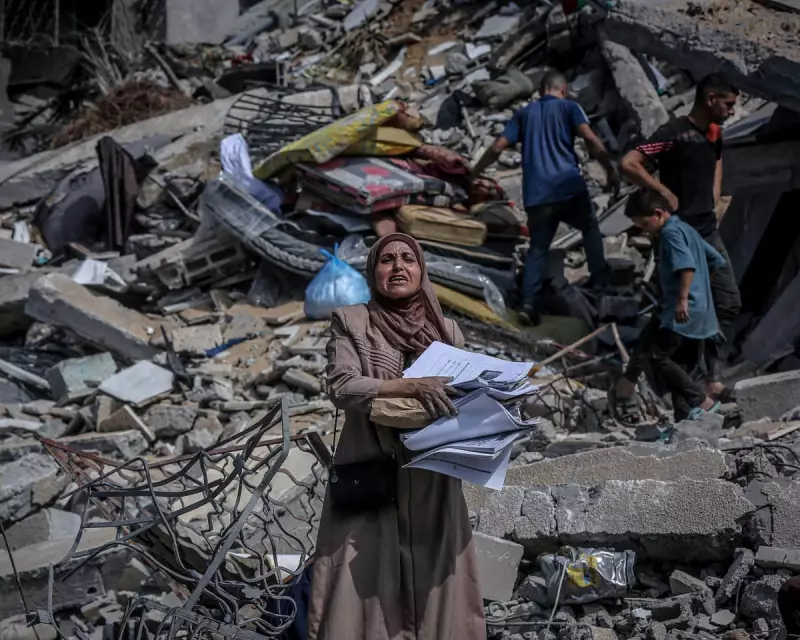
In a move that has sent shockwaves through international diplomacy, French President Emmanuel Macron has dramatically pivoted France's foreign policy, declaring its intention to formally recognise Palestinian statehood. This unilateral decision signals a profound rupture with Israel and places France at odds with key Western allies, including the United States.
A Historic Departure from the Diplomatic Norm
President Macron's announcement, made directly to the nation, represents the most significant shift in European policy towards the conflict in recent history. He framed the decision not as an act of hostility towards Israel, but as a necessary "political gesture" to break a deadlock he argues has been exploited by the Israeli government to indefinitely delay a two-state solution.
"We cannot allow the prospect of a Palestinian state to be held hostage by the agenda of a single Israeli government," Macron declared, positioning France as a nation willing to take tangible, albeit symbolic, action where others have offered only words.
The Stinging Condemnation of Israel's Actions
The French leader's address contained blistering criticism of Israel's military campaign in Gaza. He denounced what he termed a policy of "collective punishment" and condemned the widespread destruction and humanitarian crisis unfolding in the territory. This forceful language marks a clear departure from the more cautious tones typically adopted by other Western leaders.
Reactions and Repercussions: A Diplomatic Firestorm
The immediate fallout has been fierce. Israel has recalled its ambassador to Paris for consultations, a standard diplomatic expression of severe displeasure. The Israeli government lambasted the decision as a "grave error" that rewards terrorism and undermines its security.
Within the Western alliance, the move creates a new and potentially awkward fissure. While some European nations may quietly sympathise, France now stands isolated among major powers in taking this concrete step, risking its credibility as a traditional mediator in the region.
Beyond Symbolism: What Does Recognition Actually Mean?
While largely symbolic, recognition confers legitimacy on the Palestinian cause on the world stage. It is a powerful political tool that could inspire other nations to follow suit, incrementally building pressure for a renewed push towards a negotiated peace. However, on the ground, it changes little without direct negotiations between the two parties.
Macron's gamble is a high-stakes bid to reframe the entire conversation around the Israeli-Palestinian conflict. By forcing the issue of statehood, he aims to challenge the status quo and compel the international community to move beyond endless, fruitless negotiation cycles towards a new, more assertive diplomacy.






